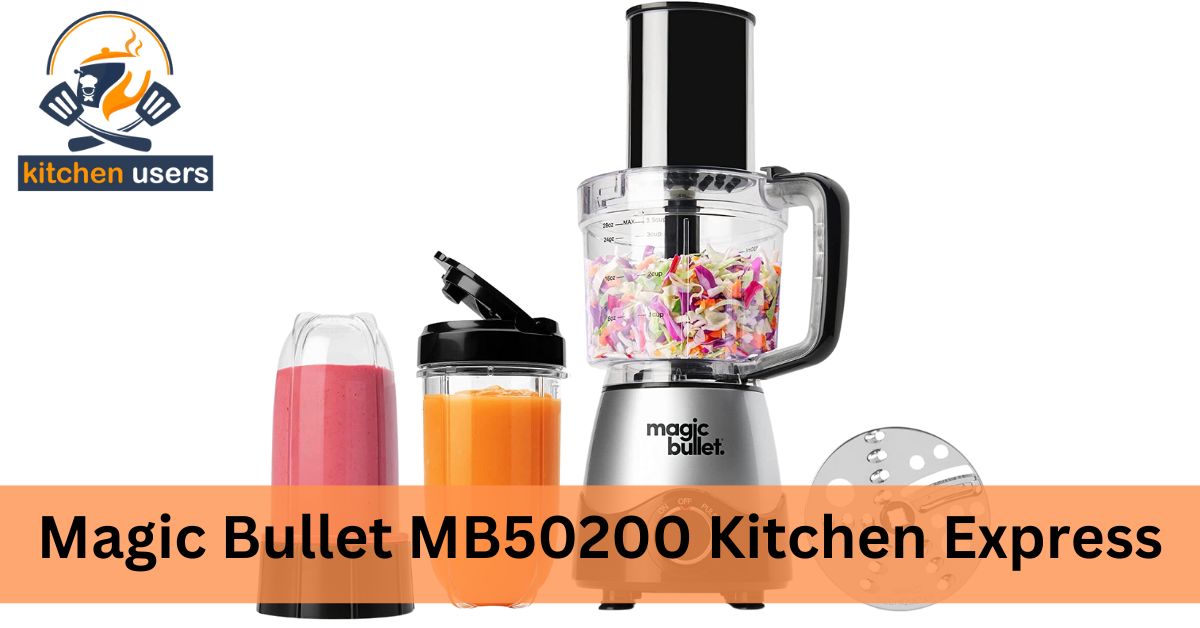Juicing has become a popular way to consume fruits and vegetables in an easy way. But, with the rise of juicing. There has been concern about the safety of plastic juicers. And the potential risks of Bisphenol A (BPA). BPA is a chemical that is found in plastic products, including juicers. It has been linked to a range of potential health effects. Such examples as hormone disruption and reproductive harm. In this article, we will explore the potential risks of BPA in Are Plastic Juicers Safe? Also, Provide guidance on how to identify BPA-free juicers. Discuss alternatives to plastic juicers. And explain safety precautions when using plastic juicers.
What is BPA?

BPA is an industrial chemical. It is commonly found in plastic products, including juicers. It is used to make polycarbonate plastic and epoxy resins. These materials are used in a wide range of consumer products. Such as water bottles, and food storage containers. And the lining of canned foods. BPA has been found to mimic the hormone estrogen. That can lead to a range of potential health effects. Such as hormone disruption and reproductive harm. Research has shown that BPA can leach into food and beverages from containers that are made with BPA. Do you know when was the juicer invented?
How to Identify BPA-free Juicers:

When choosing a juicer, it’s important to look for one that is BPA-free. To ensure that a juicer is BPA-free, check for materials such as glass. Also stainless steel, and BPA-free plastics. Also, look for certifications such as FDA-approved. And labels such as BPA-free, non-toxic, or phthalate-free. Additionally, you can check the product manual. Or you might contact the manufacturer to confirm if the juicer is BPA-free. Be aware that some products may be labeled “BPA-free”. But still contain other harmful chemicals. So it’s important to do your own research. And then use caution when purchasing a juicer.
Alternatives to Plastic Juicers:

If you’re concerned about the potential risks of BPA in plastic juicers. There are alternatives to consider. Glass and stainless steel juicers are two examples of BPA-free options. Glass juicers are safe and easy to clean. But they can be fragile. Stainless steel juicers are durable and easy to clean. But they can be more expensive. Another alternative option is a masticating juicer. That uses a slow-rotating auger to crush the fruits and vegetables. Instead of shredding them with high-speed blades. This can reduce the amount of heat and oxygen that is introduced to the juice. That can help to preserve the nutrients and enzymes.
Safety Precautions when using Plastic Juicers:
If you decide to use a plastic juicer, there are safety precautions you can take to reduce your exposure to BPA. Avoid using the juicer with high heat or acidic fruits and vegetables. As these can cause the BPA to leach into the juice. Also, be sure to clean your juicer in regular basis. As buildup can also cause BPA to leach into the juice. Avoid exposing the juicer to high temperatures. Such as putting it in the dishwasher or leaving it in direct sunlight. That can cause the plastic to break down and release BPA.
Final Tips:
Always read the manual before using or cleaning your juicer. It will provide specific instructions and warnings for your specific model.
Use fresh and ripe fruits when juicing to get the most juice and flavor.
If you notice a decrease in the amount of juice produced. Or if the juicer becomes harder to operate. Then it may be a sign that it’s time to clean or maintain your juicer.
FAQs:
Q: How can I tell if a juicer is BPA-free?
A: Look for certifications such as FDA-approved. And also check labels such as BPA-free, non-toxic, or phthalate-free. Also, check the product manual. Or contact the manufacturer to confirm if the juicer is BPA-free.
Q: Are glass juicers better than plastic juicers?
A: Glass juicers are a safe and BPA-free alternative to plastic juicers. But they can be fragile. Stainless steel juicers are durable and easy to clean, but they can be more expensive.
Q: Can I put my juicer in the dishwasher?
A: It depends on the specific model of your juicer. Refer to the manual for instructions on whether it is dishwasher safe. If it is not dishwasher secure. It is best to clean it by hand.
Q: What are the benefits of a masticating juicer?
A: A masticating juicer uses a slow-rotating auger to crush the fruits. And vegetables instead of shredding them with high-speed blades. This can reduce the amount of heat and oxygen that is introduced to the juice. That can help to preserve the nutrients and enzymes.
Q: Can I juice hard fruits and vegetables in a plastic juicer?
A: It depends on the specific model of your juicer. Some plastic juicers are designed for juicing soft fruits and vegetables. While others are capable of juicing harder fruits and vegetables. Refer to the manual for instructions on the types of fruits and vegetables. That can be juiced with your specific model.
Conclusion:
BPA is a chemical found in many plastic products, including juicers. While the potential health risks of BPA are still being studied. It’s important to be aware of the potential risks and take steps to cut your exposure. Choosing a BPA-free juicer, such as glass, stainless steel, or masticating juicer. And also taking safety precautions when using Plastic Juicers safely. It can help reduce your exposure to BPA. Remember to check for certifications, labels, and materials. Before purchasing a juicer, always follow the safety precautions. By making a proper decision when purchasing a juicer. You can ensure that you are making a safe and healthy choice for your home.
As a 10 years veteran in the culinary industry, I have developed a passion for all things kitchen. With a deep understanding of food preparation and cooking techniques, I am a true kitchen specialist. My experience working in Khedmot kitchen has allowed me to hone my skills and become an expert in creating delicious and visually appealing dishes.
I am a creative and innovative chef, constantly experimenting with new ingredients and cooking methods to bring unique and memorable dining experiences to my customers. In addition to my culinary expertise, I am also highly organized and able to effectively manage a team of kitchen staff, ensuring that all tasks are completed efficiently and to a high standard.
I am dedicated to my craft and always strive to create exceptional dining experiences for my customers. Whether it’s developing a new menu, training my kitchen team, or working with local suppliers, I am always looking for ways to improve and take my kitchen to the next level.
If you’re looking for a skilled and passionate kitchen specialist, look no further. I am eager to bring my expertise to your team and help take your kitchen to the next level.


